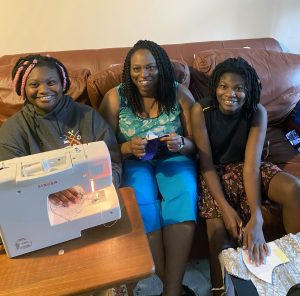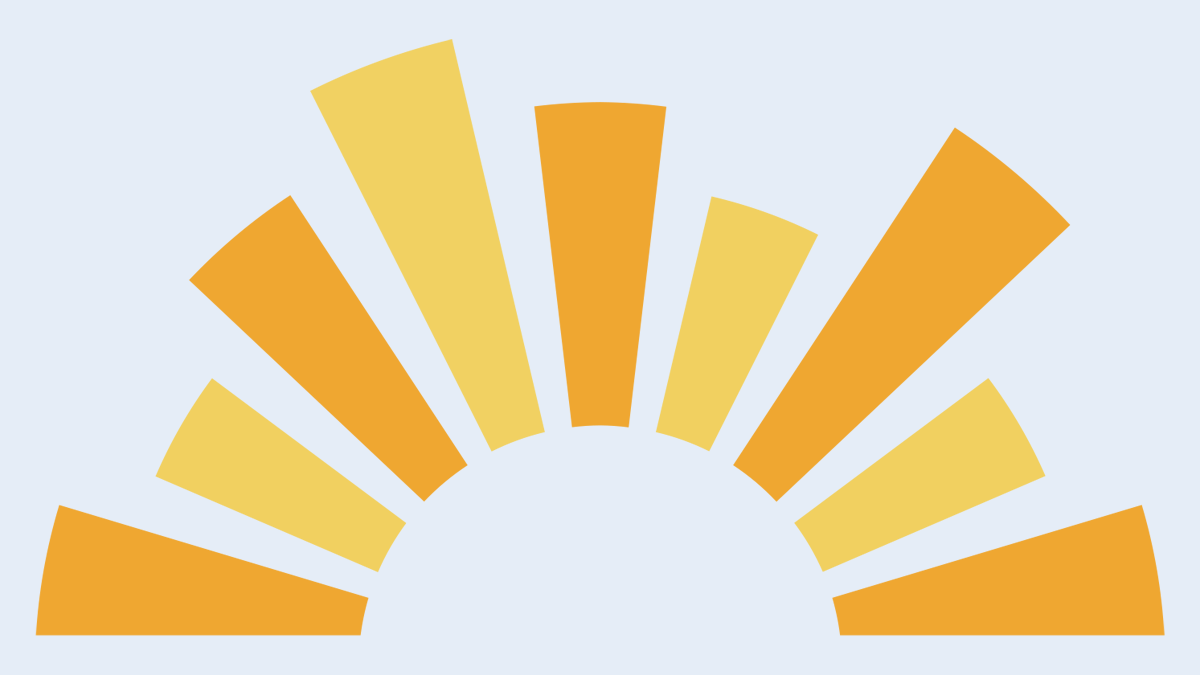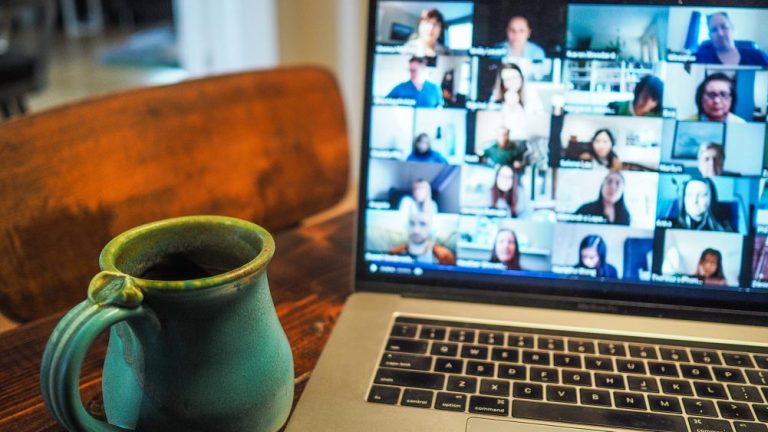The idea for the Mardenborough’s family business sprang from a casual comment in a food market in late March or early April. They can’t remember the exact date; they only remember that the COVID-19 pandemic had begun and face masks were hard to find.
 “Your mask is really nice,” the cashier said to Aiyana Mardenborough. “Did you make it?”
“Your mask is really nice,” the cashier said to Aiyana Mardenborough. “Did you make it?”
As a matter of fact, she had. The 16-year-old resident of Raleigh, N.C., had been a talented seamstress since she was a child. To make clothes for her dolls, she took sewing lessons.
Aiyana had lost interest in sewing but, when the COVID-19 pandemic hit, she and her mother teamed up to make masks for the family. Mom had found a sewing pattern for the masks on the internet.
The cashier’s comment made the family realize that there might be a wider market for their masks. “I felt good, as a mother, for them to be given that encouragement,” Shani Cox-Mardenborough recalled.
A mask-making business was a natural for the family. Aiyana had the sewing skills. She and her sister, Zaniah, 13, had all the creativity they needed. The teens were into anime and Asian culture and were able to come up with mask designs that stood out. Mom, who ran a Facebook group for black-owned businesses, had the contacts.
“It was an opportunity to get back involved with sewing,” Aiyana explained.
Zaniah said she wanted to start the business “to help my mom and relieve some of her stress.”
Cox-Mardenborough admits that she was suffering from cabin fever with the kids out of school due to a statewide quarantine, and that she also wanted to help friends and family stay safe.
And so the business was born. Start-up costs were extremely low. Aiyana not only had a sewing machine; she already had a lot of fabric on hand. They already knew how to make the masks, so launching a business was just a matter of scaling up production and getting the word out.
“I started looking around at what other people were charging for masks and I found that it was $10 to $12 per mask. And I said ‘That’s too much,’ ” she explained. “I’m not looking for this to be a replacement of income. I just wanted to cover the cost of supplies and to supply masks to family and to people I know so they can be healthy.”
The family charges $5 per mask – a price that has generated healthy interest, Cox-Mardenborough said. In their first month in business, the family sold more than 100 masks, she said.
The family has not done any sophisticated marketing – they don’t even have a website. But the family does have extensive social media contacts, especially because mom is an administrator of Triangle Black-Owned Businesses, a Facebook group that aims to boost businesses owned by African Americans in the Triangle (Raleigh-Durham-Chapel Hill) area of North Carolina. They also sell the masks through their contacts on Instagram.
To keep up with demand, mom – with Aiyana’s help – has learned to sew the masks and now does most of the production. The teens supply the designs and also deliver masks to customers in front of their home; as a safety precaution, customers do not come inside.
The girls say they are having fun. “I like putting the pieces together and creating something beautiful,” Aiyana said. Zaniah added: “I like delivering the masks and collecting the money!”
Cox-Mardenborough said they are not sure how far they will take the business but have begun thinking about what other products they might offer. No matter what happens, the teens say they already have learned lessons.
“You can make a business by doing something small and bring the customers ideas to life with customization,” Aiyana said. Added Zaniah, “The customers are always right…LOL!”




